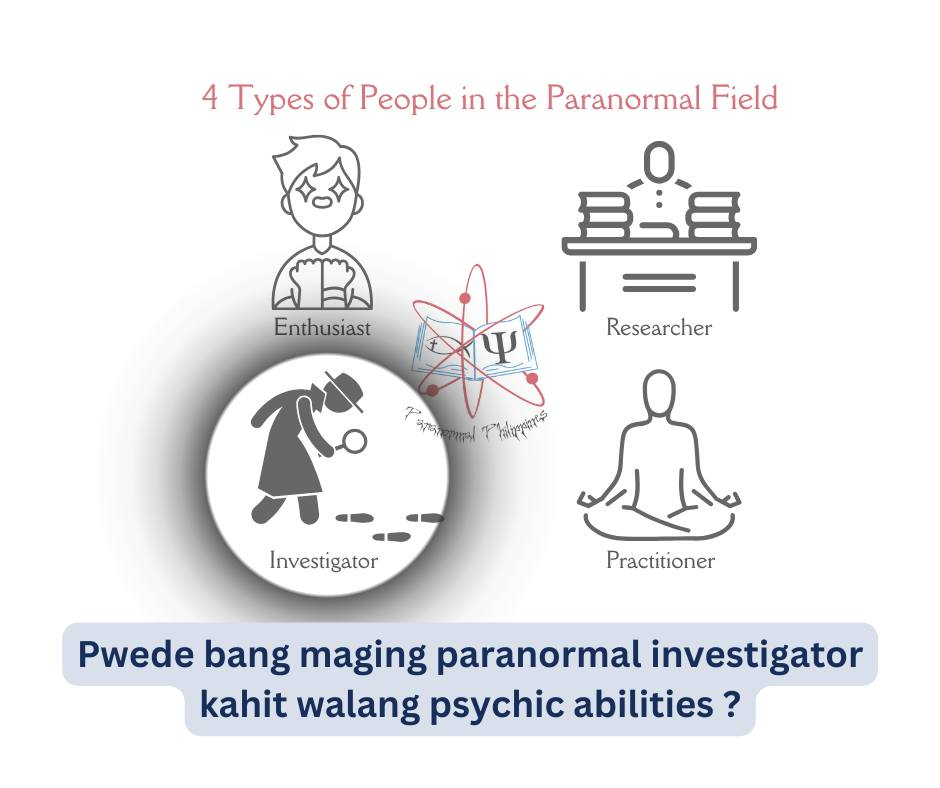Climbing the Mountain of Truth: A Guide for Paranormal Seekers

Most people investigating the paranormal rely on just one or two ways of thinking — usually scientific or spiritual — without realizing there are many other lenses for exploring these mysteries. But truth is like a mountain seen from different sides. Relying on only one method can trap us in blind spots — making us ignore what doesn’t “fit” or dismissing important insights too quickly. If we really want to understand strange phenomena — or even reality itself — we need a toolkit that includes multiple approaches, each with its strengths and weaknesses. Here’s a quick guide to some (not all) of the major paradigms and what each one brings to the search for truth. Whether you're a researcher, seeker, skeptic, or experiencer, knowing these can help you become more open-minded , rigorous , and wise in your investigations. 1. Scientific Method (Empirical-Centered) Key idea: Test hypotheses through observation, measurement, and repeatable experiments. Origin: Rooted in the...







